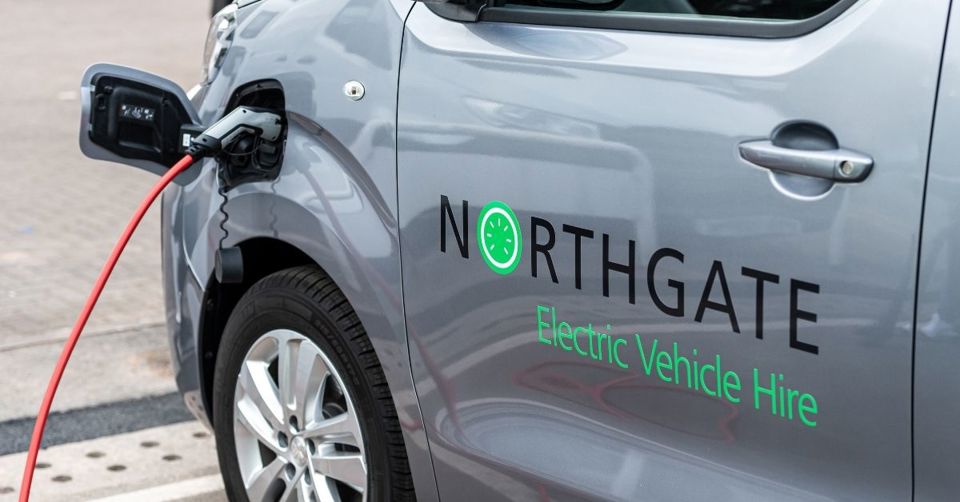Carbon reduction is the primary reason for LCV fleets to transition from diesel and petrol to electric vehicles (EVs), according to Northgate’s latest customer research.
Among the fleets that attended Northgate’s latest Drive to Zero EV roadshow, 62.5% identified carbon reduction as their main motivation for lowering emissions, a notable increase from 50% in 2023.
While cost reduction remains a significant driver for electrification, it has stayed relatively consistent with 22% of fleets citing it as a motivation, nearly unchanged from 20% in 2023.
“Fleets remain keen on reducing their carbon emissions, and Northgate’s ongoing national EV Roadshows are helping fleets to make a start on their transition to electric LCVs,” said Melanie Creedy, Northgate’s EV business development manager.
“While cost and implementation remain the most common challenges faced by fleets, it’s great to see that these are diminishing year on year, as eLCVs become more commonplace,” she added.
More than a fifth (22%) of fleets indicated that meeting customer requirements was a key factor in their electrification efforts, as ESG plays an ever more important role in tendering.
Fewer fleets are feeling the pressure to electrify in 2024 compared to last year, with only 9% indicating they feel pressured to move away from diesel - down from 20% previously.
The majority of fleets (63%) stated they are just starting out on their electrification journey, slightly higher than 60% before. Just over one in five (21.2%) of fleets reported that they are already well on their way to achieving zero emissions.
Despite this growing interest in carbon reduction, fleets continue to express concerns about the cost and implementation of the transition. More than a third (36.3%) cited cost as a major concern, while a similar number (33.3%) identified implementation as their biggest challenge.
Charging and vehicle choice was raised as a concern by 15% of respondents, but concerns around charging infrastructure have decreased by 4% from 2023 to 2024, and worries about implementation have dropped by 10%.




















Login to comment
Comments
No comments have been made yet.